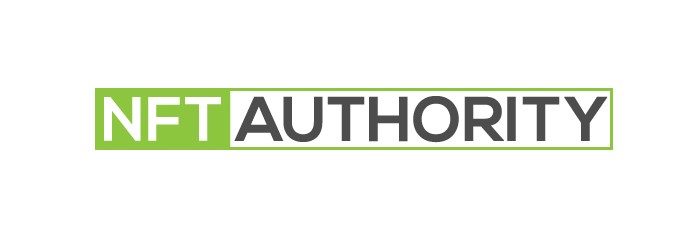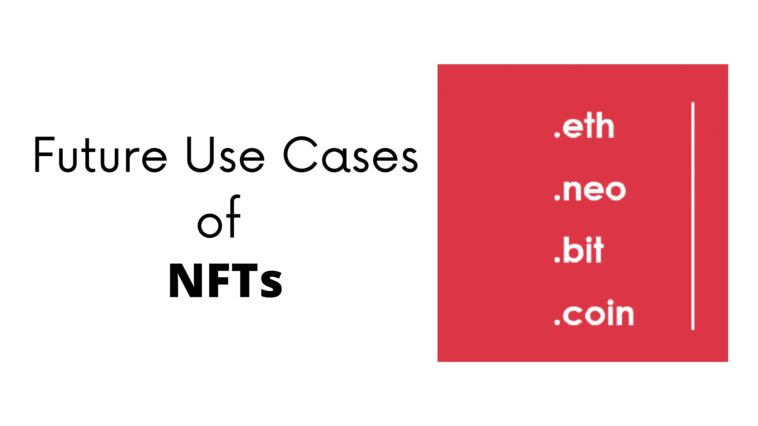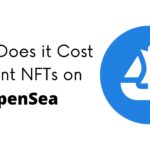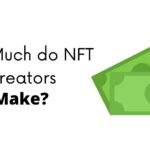With the increasing popularity of non-fungible tokens (NFTs), it’s no surprise that this technology has several potential future use cases. In this blog, we’re going to cover the top 20 future use cases of NFTs!
Future use cases of NFTs
Here are just a few of the ways that NFTs could be used in the future:
1. Digital art and collectibles: NFTs could be used to create digital artworks and collectibles that can be bought, sold, or traded like any other asset. This would provide a new way for artists to monetize their work and for collectors to invest in rare and unique items.
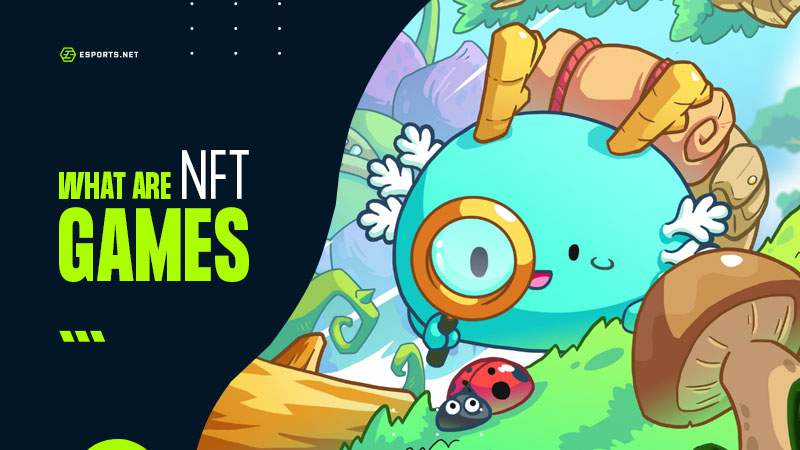
2. Gaming: Gaming is one of the top industries in the current era. NFTs could be used to create in-game items that can be traded or sold on secondary markets. This would add a new level of complexity and interactivity to gaming and provide a new revenue stream for game developers.
3. Identity verification: NFTs could be used to verify the identity of individuals or organizations. This would provide a more secure and efficient way to verify identities than traditional methods such as passports or driver’s licenses. Many government organizations can easily deploy the NFT systems and make their verification process simple and systematic.
4. Supply chain management: NFTs could be used to track the movement of goods through the supply chain from manufacture to sale. This would increase supply chain transparency and efficiency and help combat fraud and corruption. When NFT is implemented in the supply chain department, it would reduce the overall costs of the company.
5. Voting: NFTs could be used to create a blockchain-based voting system that is secure, transparent, and tamper-proof. This would allow for fairer and more efficient elections and could help to reduce voter fraud.
6. Property ownership: NFTs could be used to register and transfer property ownership. This would provide a more efficient and secure way to buy, sell, or lease property.
7. Health records: NFTs could be used to store and manage health records. This would provide a more secure and efficient way to track and share medical information.
8. Education certificates: NFTs could be used to issue and verify education certificates. This would provide a more secure and efficient way to credential students and professionals.
9. Loyalty points: NFTs could be used to create and manage loyalty points programs. This would allow businesses to reward customers for their loyalty with tokens that can be redeemed for goods or services.
10. Predictions markets: NFTs could be used to create decentralized prediction markets where users can bet on the outcome of events. This would allow for more efficient and accurate predictions of future events.
11. Insurance: NFTs could be used to create and manage insurance policies. This would allow for more efficient and secure handling of insurance claims.
12. Crowdfunding: NFTs could be used to fund projects through crowdfunding platforms. This would allow for more transparent and secure fundraising.
13. Data storage: NFTs could be used to store data on a decentralized network. This would provide a more secure and efficient way to store and manage data.
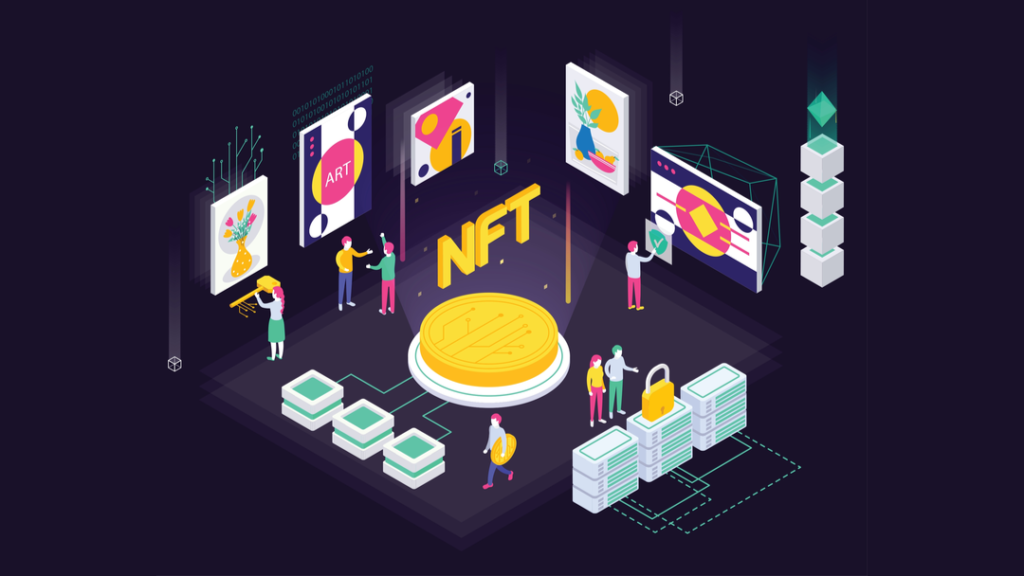
14. Domain names: NFTs could be used to register and manage domain names. This would provide a more secure and efficient way to buy, sell, or lease domains.
15. File sharing: NFTs could be used to share files securely and efficiently. This would allow for more secure and efficient file sharing than traditional methods such as email or FTP.
16. Social media: NFTs could be used to create decentralized social media platforms. This would allow for more secure and efficient sharing of information and could help to combat censorship.
17. Messaging: NFTs could be used to create secure messaging platforms. This would allow for more secure and private communication than traditional methods such as email or SMS.
18. Web hosting: NFTs could be used to host websites on a decentralized network. This would provide a more secure and efficient way to host websites than traditional methods such as web servers.
19. Internet of Things: NFTs could be used to manage the data and communication between devices in the Internet of Things. This would allow for more secure and efficient data management and could help to reduce the risk of data breaches.
20. Smart contracts: NFTs could be used to create and execute smart contracts. This would allow for more efficient and secure contract execution and could help to reduce the risk of fraud or dispute.
These are just a few of the potential future use cases for NFTs. As the technology continues to evolve, more innovative and practical applications will likely be developed using the NFT system.
